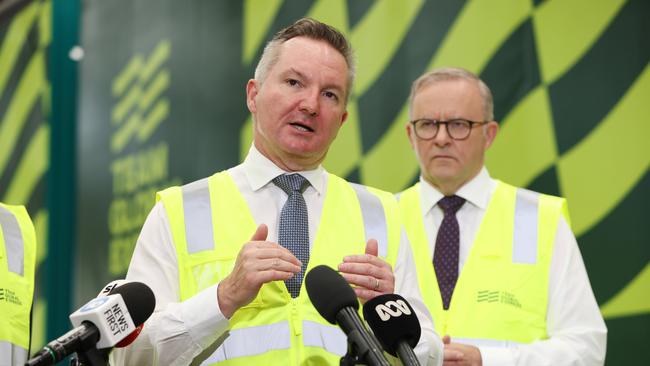
The reality is he can’t be completely confident of his position and he is reluctant to enter into a bun fight with the Left of his party (and the Greens) that inevitably would occur should there be a proposal to lift the legal prohibition on nuclear power.
To secure a replacement for the nuclear reactor at Lucas Heights in Sydney that is the source of our medical isotopes, the Coalition government agreed to a demand by the Greens that nuclear power be prohibited by law. With cheap, abundant coal-fired power available, there didn’t seem a compelling reason to reject the request to pass the law.
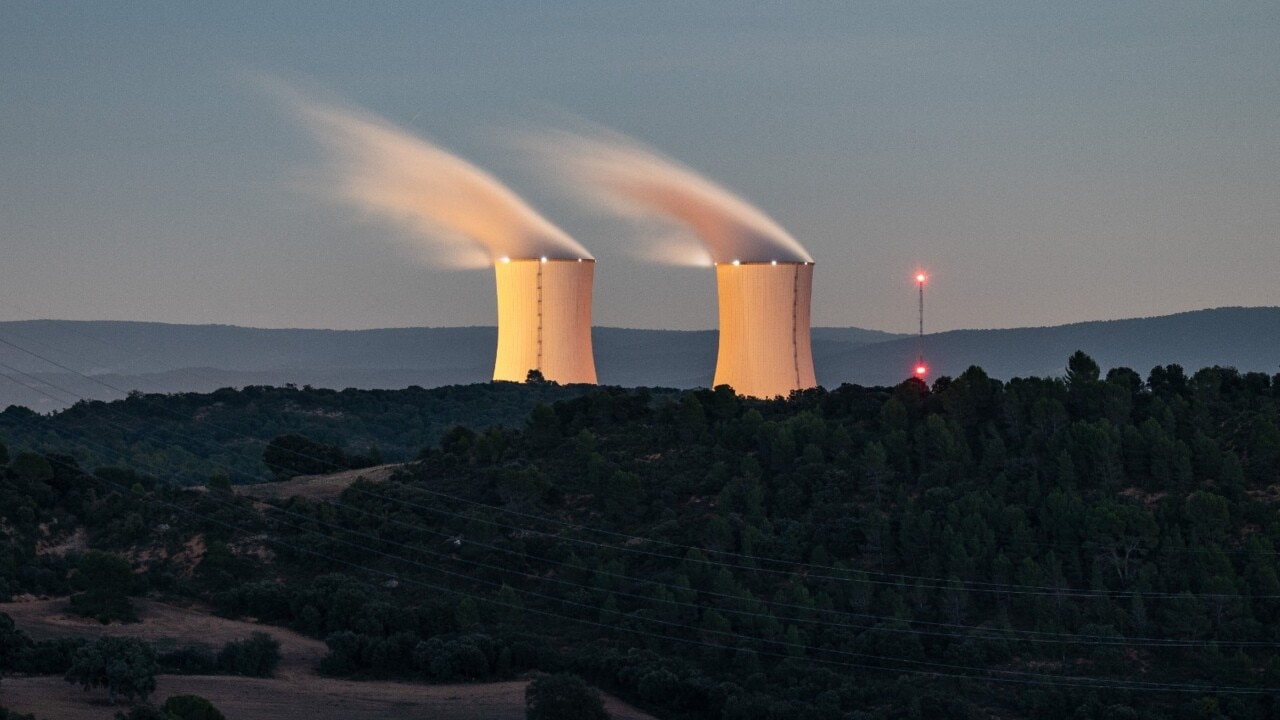
If we fast-forward to the present, however, the ban on nuclear power looks like an anachronism as more and more countries around the world embrace the option of zero-emissions nuclear power and the industry as a whole enjoys a remarkable renaissance.
At last year’s COP28 UN climate talks in the United Arab Emirates, the final agreement called for “accelerating the deployment of low-emissions technologies, including nuclear energy” (emphasis added). This was a significant development in the history of COP.
There was also a separate declaration signed by 22 countries “to advance the aspirational goal of tripling nuclear power capacity by 2050”. The countries included France, Britain, the US, South Korea, Sweden and the UAE. Needless to say, Australia was not a signatory to this declaration.
Currently, nuclear power accounts for about 10 per cent of the world’s electricity.
Currently, 32 countries have nuclear power plants that generate electricity, with the contribution of nuclear to total generation ranging from less than 10 per cent to above 70 per cent.
In 2022, 13 countries produced at least one-quarter of their electricity from nuclear. The largest generators of nuclear power are the US, China, France, Russia and South Korea.
In the case of France, about 70 per cent of its electricity is generated by nuclear power plants; it is also a major exporter of electricity. There are currently 56 nuclear reactors, with a total capacity of 61 gigawatts. Many of these reactors are located in picturesque riverside parts of the country.
It is certainly true that the nuclear industry fell into the doldrums in the first decade and half of this century. Nuclear plants aged and there were few resources devoted to maintenance and refurbishment, let alone investment in new plants.
The tortuous progress of the Hinkley Point C plant in Britain is often quoted as an example. Using a French design and Chinese funds initially, the plant has been beset by delays and cost overruns, partly caused by government actions.
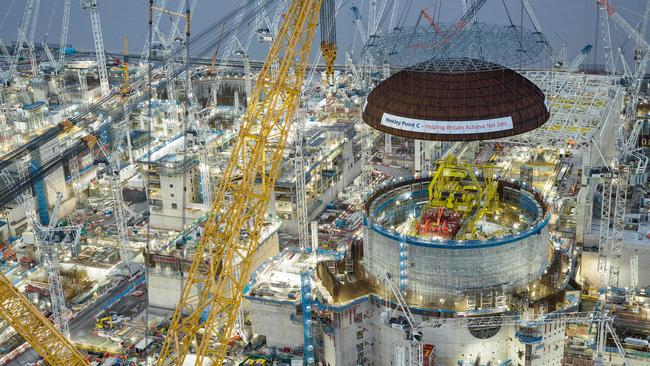
British prime minister Theresa May was reluctant to embrace the nuclear option and was firmly of the view there would be no government subsidies for nuclear, even though there were very hefty subsidies being handed out to wind developments.
When the plant is completed, which is not far off, it should be able to operate for at least 60 years using the existing transmission infrastructure.
In the meantime, the British government largely has changed its tune about nuclear and is planning for another eight nuclear plants to be constructed, including two at Sizewell. A new one-stop agency is being established to facilitate this rollout.
Bowen is keen to make the point that there are lengthy delays between the decision to approve a nuclear power plant and its commissioning. He quotes a figure of 19 years as the typical period in the case of the US.
The truth is that the delays often have been caused by deliberately obstructive regulatory agencies (particularly in the US), excessive regulation more generally and prevarication on the part of governments.
Recent developments point to a noticeable change in the approach of many governments.
The South Korean government, for instance, has been able to complete several new-generation nuclear plants with much greater efficiency than older plants. These were completed on budget within reasonable periods.
The UAE also has completed a new nuclear plant using a South Korean design. Nuclear power now generates more than 7 per cent of the country’s electricity.
In Canada, progressive Prime Minister Justin Trudeau has swung behind nuclear and is planning a substantial expansion of the industry, including inclusion of small nuclear reactors.
The expectation is, by transforming the regulation of the nuclear industry to conform with generic best practice, there will be investment in new plants as well as refurbishment of existing ones. The combination of nuclear and hydro will mean Canada’s electricity generation will likely become close to emissions-free in the next decade
The point here is that Australia is being left behind when it comes to the revival of nuclear power, notwithstanding our commitment to purchase nuclear-powered submarines under the AUKUS agreement.
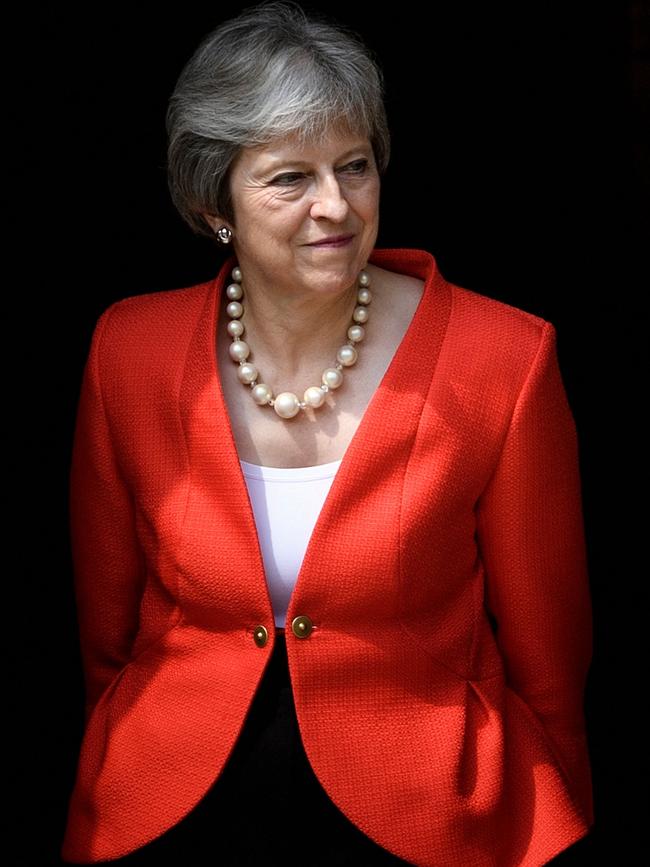
Bowen argues that nuclear-generated electricity is simply too expensive to contemplate and renewable energy is by far the cheapest source of power.
According to the most recent (and controversial) CSIRO GenCost report, the cost of electricity generated by a hypothetical small modular reactor plant is between $382 and $632 a megawatt hour compared with $91 to $130 per megawatt hour for wind and solar.
Note here that these figures don’t include the costs of the additional transmission lines and storage required by wind and solar and that the hypothetical SMR plant (using a failed pilot in Utah, US) is cherrypicked to give the highest possible numbers.
What Bowen doesn’t seem to be able to explain is why the countries with a high mix of nuclear power in their electricity generation have some of the lowest prices in the world, France and Canada being two examples.The completion of a (long-delayed) nuclear plant in Finland has led prices to fall dramatically.
The thing is that nuclear plants are expensive to build, although this has been partly because of over-regulation, but cheap to run. They also last a very long time.
With Australia’s reserves of uranium, it looks like a no-brainer for nuclear power at least to be seriously investigated.
The Albanese government should open the debate by moving to lift the legislative ban as a first step as quickly as possible. With the Coalition’s support, it should fly through parliament.
More Coverage
 It’s worth recalling here why this prohibition exists in the first place. It goes back to 1998 and the passing of the Environment Protection and Biodiversity Conservation Bill.
It’s worth recalling here why this prohibition exists in the first place. It goes back to 1998 and the passing of the Environment Protection and Biodiversity Conservation Bill.


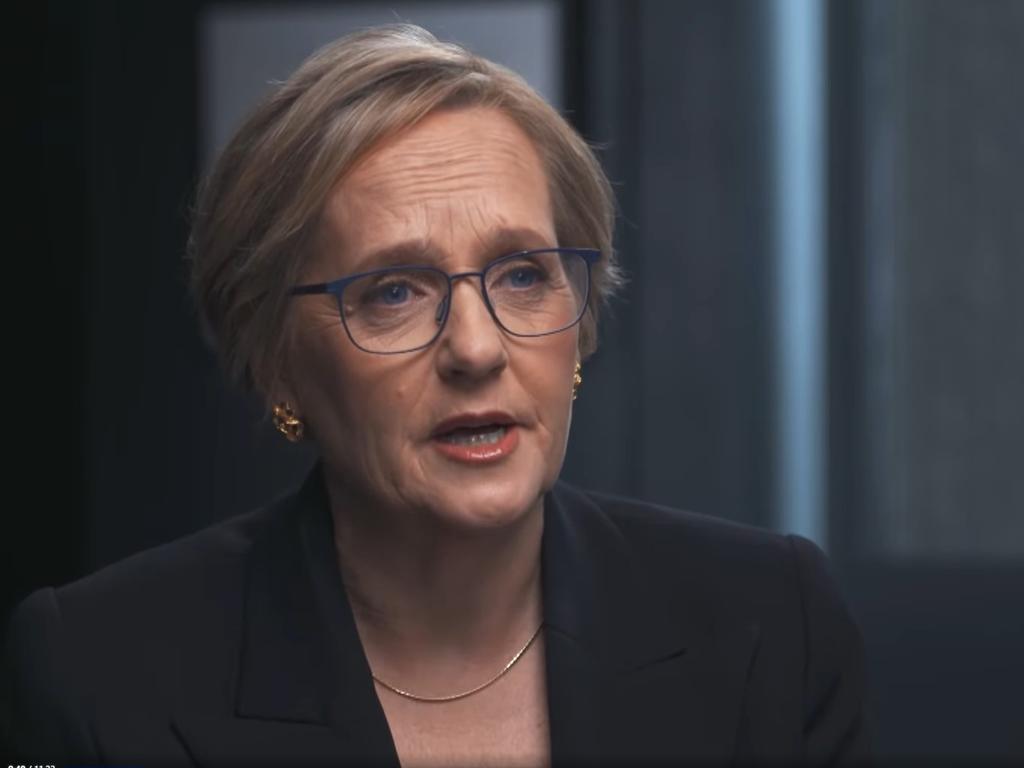
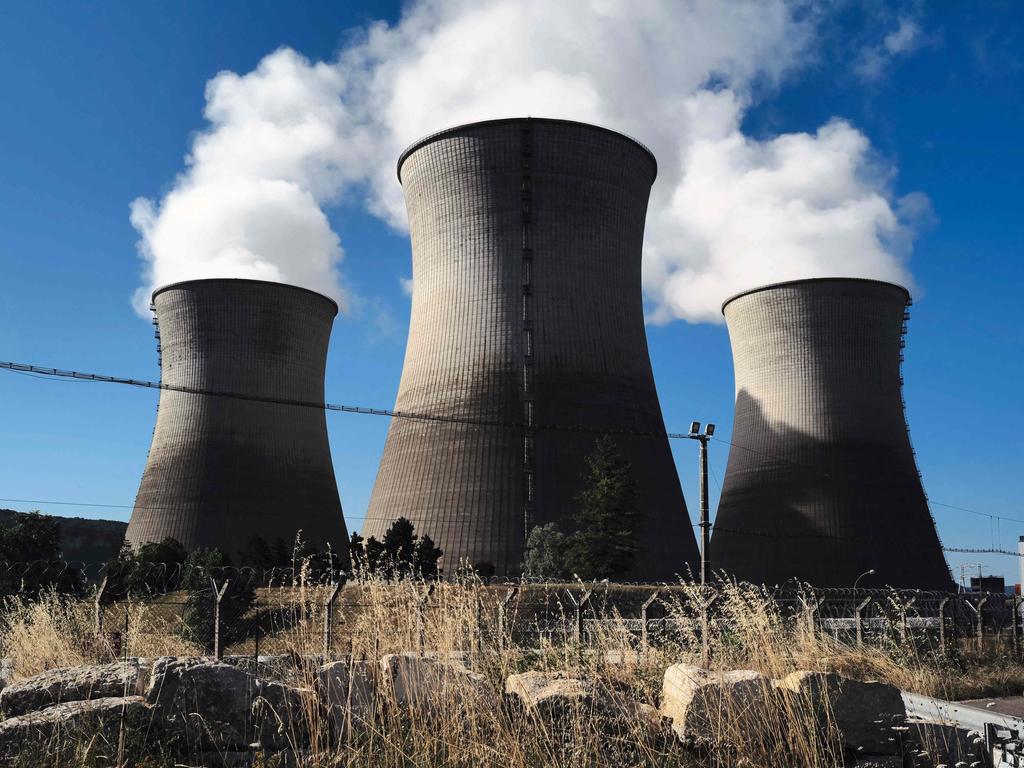
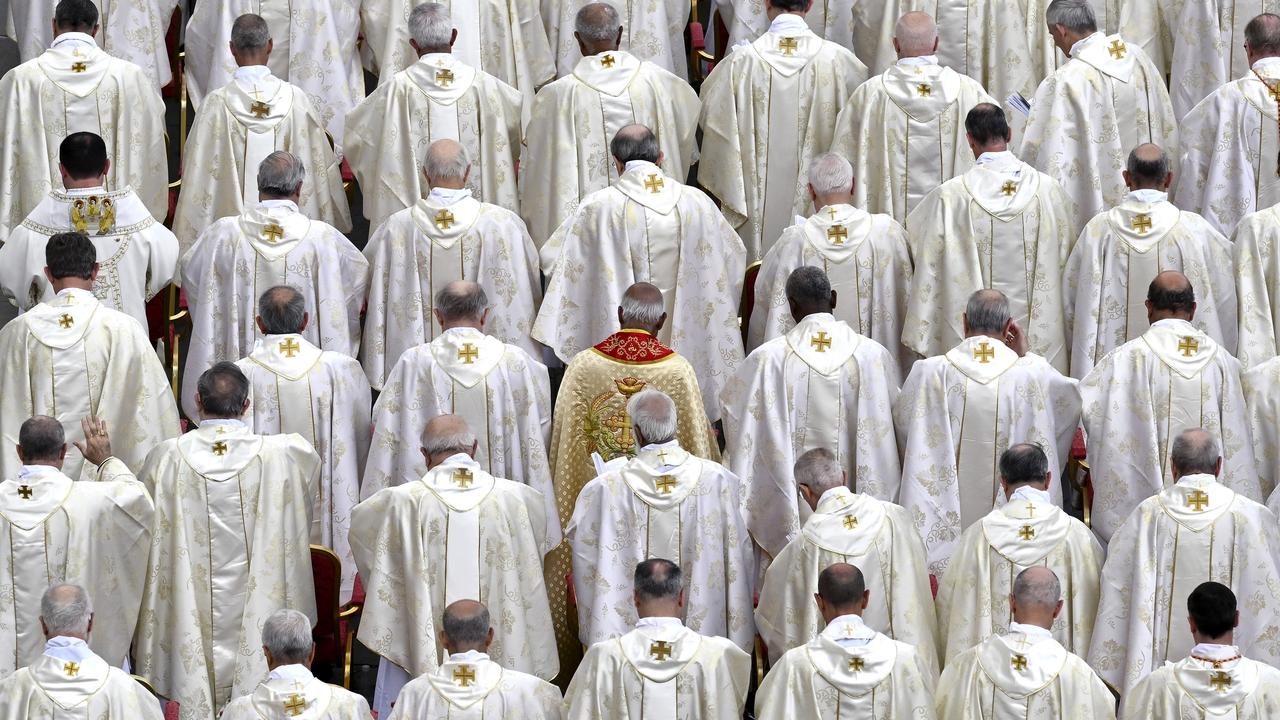

If Climate Change and Energy Minister Chris Bowen is so certain nuclear power is too expensive for Australia, he has every reason to lift the legislative ban and let the markets work that out.